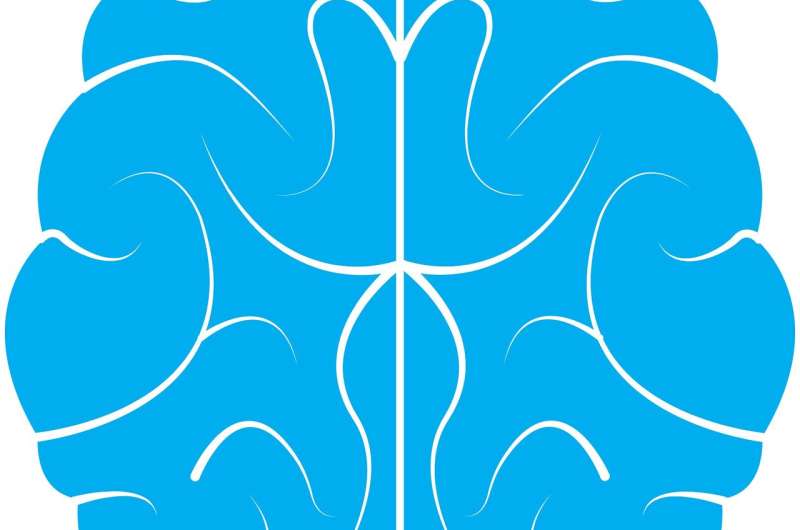The human brain works backwards to retrieve memories

When we remember a past event, the human brain reconstructs that experience in reverse order, according to a new study at the University of Birmingham.
Understanding more precisely how the brain retrieves information could help us better assess the reliability of eye witness accounts, for example of crime scenes, where people often are able to recall the overall 'gist' of an event, but recall specific visual details less reliably.
The study, published in Nature Communications, was carried out by researchers in the Centre for Human Brain Health, who reconstructed the memory retrieval process, using brain decoding techniques. These techniques make it possible to track when in time a unique memory is being reactivated in the brain.
They found that, when retrieving information about a visual object, the brain focuses first on the core meaning—recovering the 'gist' - and only afterwards recalls more specific details.
This is in sharp contrast to how the brain processes images when it first encounters them. When we initially see a complex object, it's the visual details—patterns and colours—that we perceive first. Abstract, meaningful information that tells us the nature of the object we're looking at, whether it's a dog, a guitar, or a cup, for example, comes later.
"We know that our memories are not exact replicas of the things we originally experienced" says Juan Linde Domingo, lead author of the study. "Memory is a reconstructive process, biased by personal knowledge and world views—sometimes we even remember events that never actually happened. But exactly how memories are reconstructed in the brain, step by step, is currently not well understood."
During the study, participants saw images of specific objects, and then learned to associate each image with a unique reminder word, for example the word 'spin' or 'pull'. The participants were later presented with the reminder word and asked to reconstruct the associated image in as much detail as possible.
Brain activity was recorded throughout the task via 128 electrodes attached to the scalp, allowing the researchers to observe changes in brain patterns with millisecond precision. Finally the researchers trained a computer algorithm to decode what kind of image the participant was retrieving at different points in the task.
"We were able to show that the participants were retrieving higher-level, abstract information, such as whether they were thinking of an animal or an inanimate object, shortly after they heard the reminder word," explains Maria Wimber, senior author of the study.
"It was only later that they retrieved the specific details, for example whether they had been looking at a colour object, or a black and white outline."
"If our memories prioritise conceptual information, this also has consequences for how our memories change when we repeatedly retrieve them," adds Linde Domingo.
"It suggests they will become more abstract and gist-like with each retrieval. Although our memories seem to appear in our 'internal eye' as vivid images, they are not simple snapshots from the past, but reconstructed and biased representations."
Follow-up studies will need to test whether this reversed reconstruction cascade is 'hard-wired' in the brain. If it is, the sequence of reconstruction should remain stable under different conditions, even when a person for example consciously focuses their attention on specific details during learning.
The team is currently also looking in more detail at how and where the brain reconstructs more complex memories. Once the pathway of memory retrieval is established in the healthy brain, researchers can also start looking into how it is altered in healthy ageing, or how this pathway might contribute to the over-generalization of memories in conditions like post-traumatic stress disorder.
More information: Linde-Domingo & Wimber et al (2019) 'Evidence that neural information flow is reversed between object perception and object reconstruction from memory' Nature Communications

















